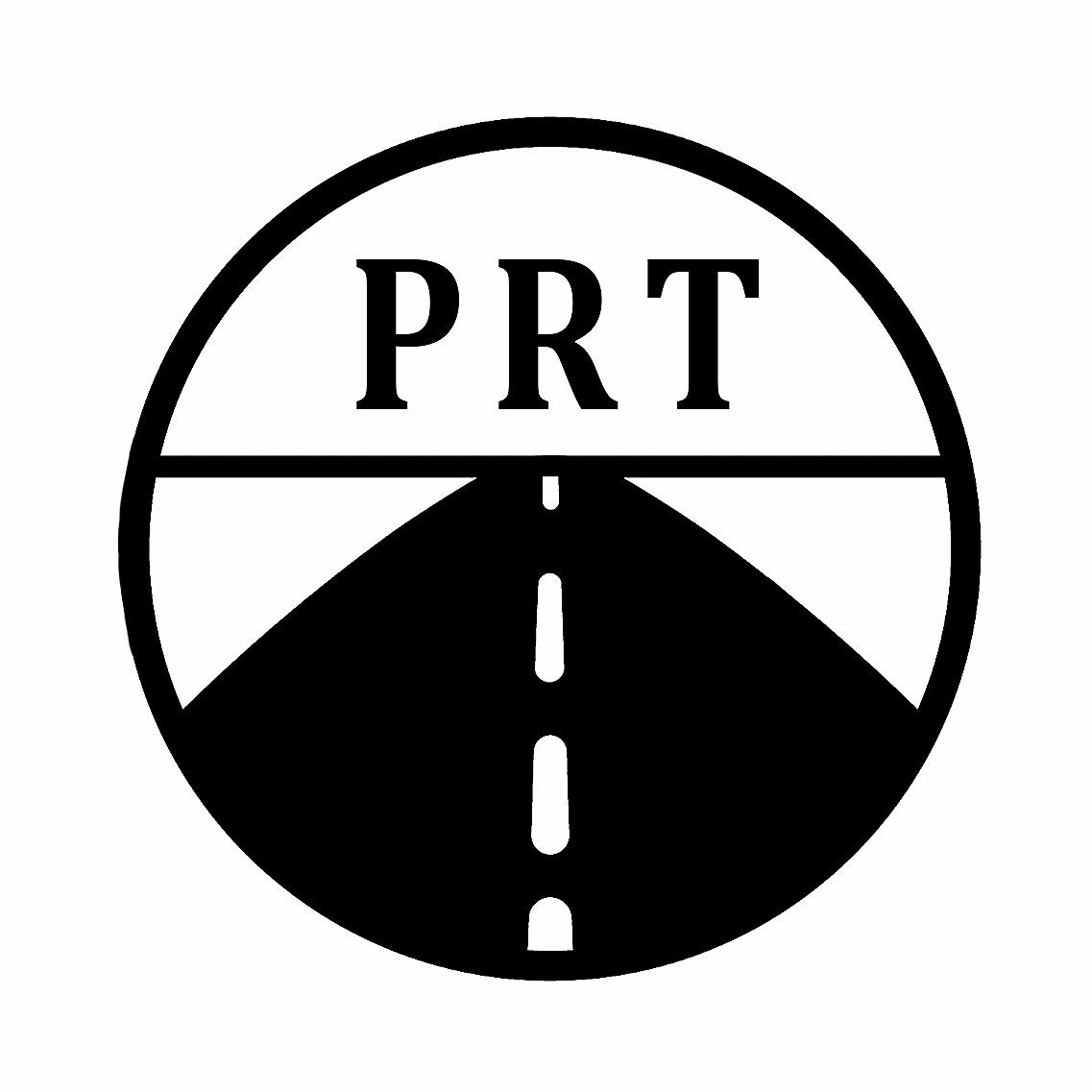Digital Transformation — or Theater Production?
/As I teach PMP exam prep to project managers, I often hear ‘war stories’ from my students about insipid management fad behavior that they are experiencing at work (civilian, government and military).
I’ve observed this behavior over decades — valuable concepts like SPC; JIT; 6-sigma; Continuous Process Improvement; Agile; Big Data; Data Analytics reduced to management by cliché. What explains this fad-like behavior on the part of management? I suspect the root cause is probably thought contamination from the big consulting houses — McKinsey, BCG, Deloitte, etc. leveraging valuable concepts to sell professional services and leaving in their wake smart talk and aimless dithering busy work.
The most frustrating example in the past few years has been attempts by management to perform ‘Digital Transformation’. ‘Perform’ is exactly the right word here: perform like a clique of local coffee shop baristas at their Thursday night theater group.
A month ago I happened to listen to a podcast in which David Rogers was interviewed about his book “The Digital Transformation Roadmap” published in 2023. Finally I was hearing a coherent strategic perspective to go with the buzzword. Then, reading the book, I was pleased to see a very detailed and sensible strategic framework. Now at last digital transformation can be taken out of quotation marks and understood as a real framework.
The Framework:
The framework — as Prof. Rogers has conceptualized it — is a huge stretch goal! For large organizations to not just ‘perform’ but to successfully execute digital transformation and to begin to capture the resulting business value, a lot needs to be deliberately put into place by senior management.
Prof. Rogers calls for an intricate — almost magical — blend of culture, policies, governance structure and management support, so as to enable “Lean Startup” style experimentation. Testing and validating innovation concepts, killing off the losers with Viking funeral pride instead of shame — cost-effectively, and pressing on with the winners — exploiting them to their full potential.
‘Digital’ simply refers to the underlying computer technology available in the business environment today which enables rapid innovation and hence creates the competitive imperative to innovate rapidly so as to thrive rather than die.
By calling it digital transformation the impression is created that the concept is all about digital technology but that is dead wrong. The concept is all about innovation — enabled by technology but directed by strategy toward a vision of the future. (Also, I hate the word ‘transformation' — to my ear it implies a pre-planned step change while what we are really talking about is adaptive evolution over time).
The book identifies three categories of initiatives — P1: close to the core business with high certainty; P2: close to the core with low certainty; and P3: far from the core with low certainty. To enable success the three categories need to be supported by different policies, governance, funding and management attention.
Artificial Intelligence
Artificial intelligence is today’s red-hot topic. We should conceptualize AI as part of the enabling technology background — needing vision and strategy to be leveraged to execute on P1, P2 and P3 initiatives, while addressing the unique support requirements of these different innovation categories. It will require some human intelligence to figure out what AI initiatives might be especially strategic places to start.
As project managers we are asked to complete projects successfully and capture the anticipated business value of those projects. To be effective we need to stay educated on the relevant management frameworks, understanding how and why they work so that we can play our part to achieve project success.
As project managers if all we see is theater without vision then, rather than cling to the ship as it smashes onto the rocks, at some point we should seriously consider looking for a new ship guided by vision we can get behind. As we interview for new positions we are evaluating new ships and we should inspect carefully the vision under which they sail. How shipshape are their culture, policies, governance and management focus?
The shortage of vision beyond quarterly financial results is tragic. We don’t want to sail under Captain Bligh.
Life is too short to waste time following the blind.

